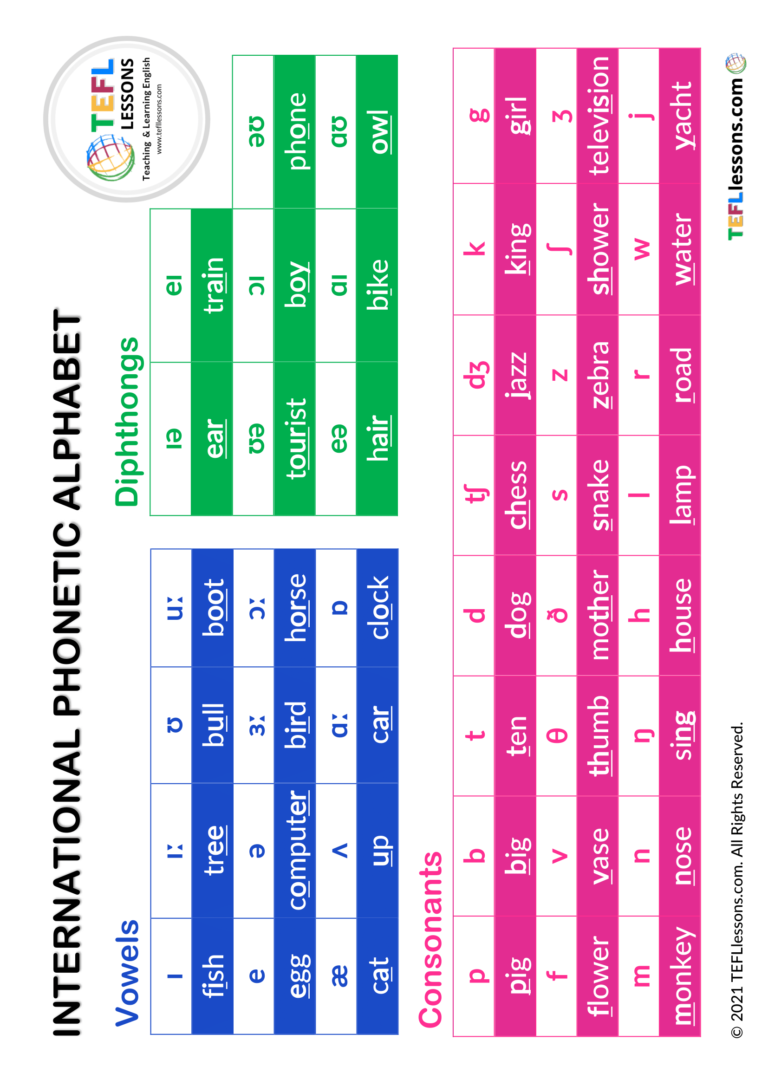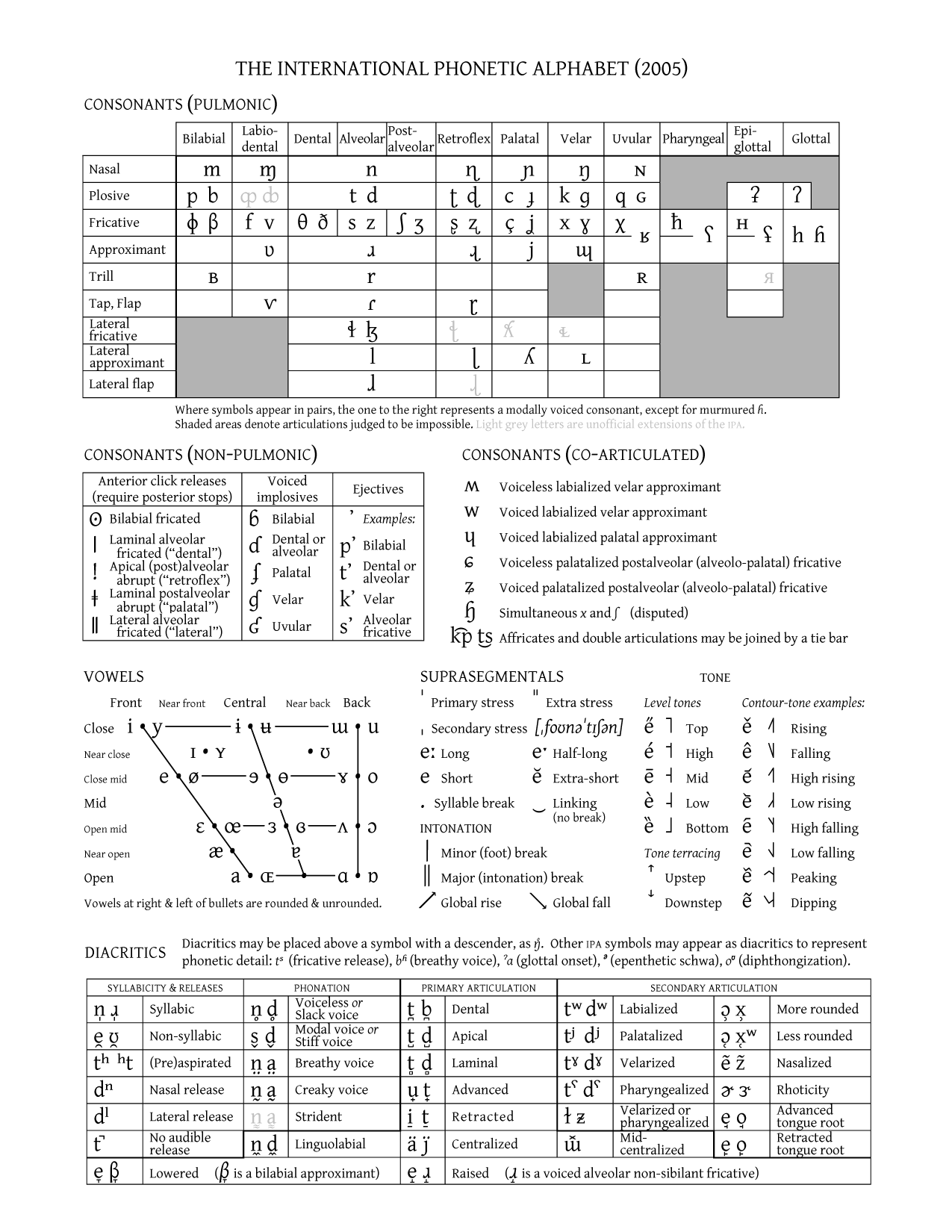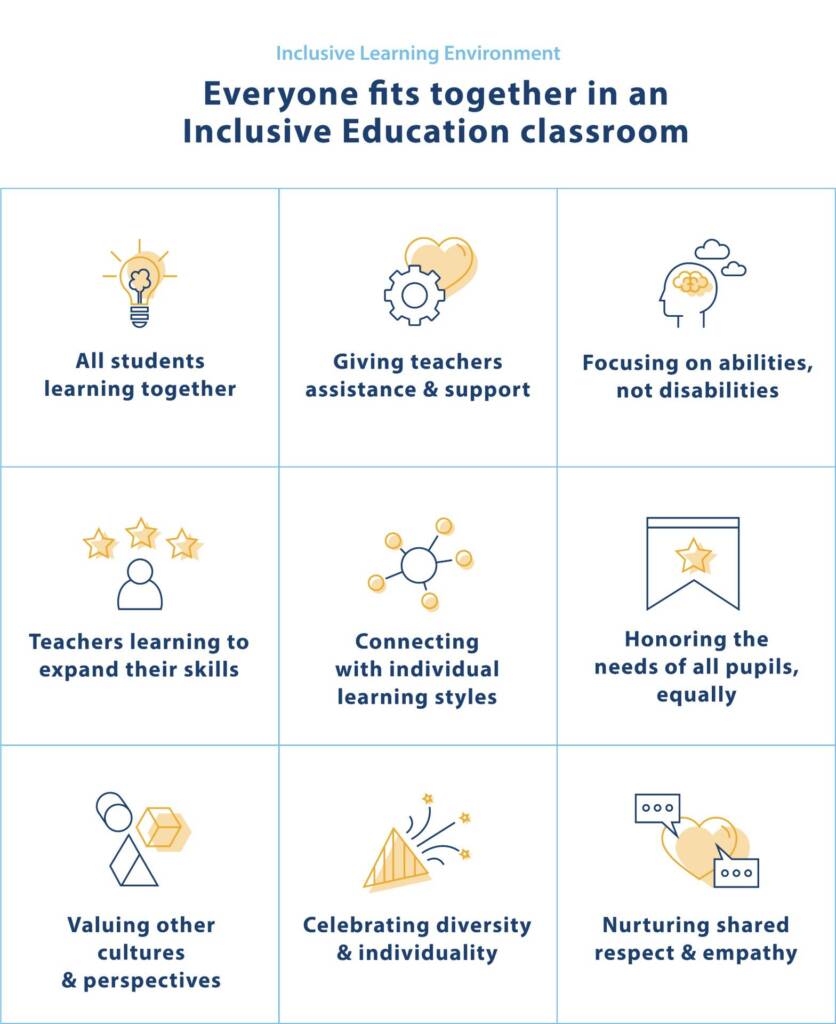The International Phonetic Alphabet (IPA) is an essential tool for ESL students to improve their pronunciation and phonetic understanding in English. By learning the IPA, students can accurately represent and produce English sounds, which significantly enhances their communication skills. In this blog post, we will explore the benefits and significance of the International Phonetic Alphabet for ESL students.
Understanding the Pain Points
One of the most significant challenges for ESL students is mastering the correct pronunciation of English sounds. The English phonetic system differs from the phonetic systems of many other languages, making it difficult for learners to accurately reproduce the sounds. Mispronunciation can lead to misunderstandings and hinder effective communication. This creates a barrier for students looking to achieve fluency in English.
Moreover, English spelling often does not match the actual pronunciation, further complicating the learning process. The International Phonetic Alphabet provides a solution to this problem by offering a standardized set of symbols that represent each sound in English. With the IPA, students can identify, practice, and perfect their pronunciation of each individual sound, overcoming the pain points associated with English phonetics.
The Target of IPA for ESL Students
The primary target of the International Phonetic Alphabet for ESL students is to help them develop accurate pronunciation skills and improve their overall understanding of English phonetics. By using the IPA, students can familiarize themselves with the specific sounds of English, enabling them to reproduce them correctly. Mastering the IPA allows students to bridge the gap between the written and spoken forms of English, ultimately leading to better communication and comprehension.
Summary of the Importance of IPA for ESL Students
The International Phonetic Alphabet serves as a powerful tool for ESL students aiming to enhance their pronunciation and phonetic skills. By learning and implementing the IPA, students can overcome common pain points associated with English pronunciation, acquire a more accurate understanding of English phonetics, and improve their overall communication abilities. Utilizing the IPA empowers ESL students to unlock their full potential in the English language.
International Phonetic Alphabet for ESL Students
In this section, we will delve deeper into the benefits of the International Phonetic Alphabet for ESL students. By understanding the target, sharing personal experiences, and providing detailed explanations, we can fully grasp the value of the IPA in the learning journey of ESL students.
International Phonetic Alphabet: A Powerful Tool for ESL Students
The International Phonetic Alphabet (IPA) is an indispensable tool that assists ESL students in perfecting their pronunciation and understanding of English phonetics. By utilizing the IPA, students can accurately represent English sounds and overcome the challenges associated with pronunciation.
Personally, as an ESL student myself, I initially struggled to grasp the intricacies of English pronunciation. However, once I started using the International Phonetic Alphabet, my pronunciation improved significantly. The IPA provided me with a systematic approach to mastering each sound, allowing me to communicate more effectively and with greater confidence.
When it comes to international phonetic alphabet for ESL students, it is crucial to understand that this method goes beyond simply memorizing a chart. The IPA enables students to identify the specific sounds they struggle with and provides them with a visual representation to guide their practice. By utilizing the IPA, ESL students can develop a solid foundation in phonetics and gain more control over their pronunciation.

International Phonetic Alphabet for ESL Students: Unlocking Pronunciation Skills
The International Phonetic Alphabet plays a vital role in unlocking accurate pronunciation skills for ESL students. By using the IPA, learners can break down words into their component sounds and understand how to reproduce them correctly.
As an ESL student, when I struggled with pronunciation, the IPA acted as a guiding light. It allowed me to focus on specific sounds, practicing and perfecting them until I could accurately produce them in my speech. The IPA serves as a bridge between the written and spoken forms of English, ensuring that ESL students can confidently communicate their thoughts and ideas.

Tips for Utilizing the International Phonetic Alphabet for ESL Students
Here are some helpful tips for ESL students looking to incorporate the International Phonetic Alphabet into their language learning journey:
- Practice regularly using the IPA to reinforce your understanding of English sounds.
- Record yourself speaking and compare your pronunciation with the IPA symbols to identify areas for improvement.
- Listen to native English speakers and try to mimic their pronunciation using the IPA as a guide.
- Seek guidance from ESL teachers or pronunciation experts who can provide feedback and support your progress.

About the International Phonetic Alphabet for ESL Students
The International Phonetic Alphabet is a crucial resource for ESL students, enabling them to overcome pronunciation difficulties and develop a solid foundation in English phonetics. By utilizing the IPA, students can accurately represent and produce English sounds, enhancing their communication skills and fluency in the language.

Provide Practical Tips for Utilizing the International Phonetic Alphabet
Here are some practical tips to help ESL students effectively incorporate the International Phonetic Alphabet into their language learning:
- Start by familiarizing yourself with the IPA symbols and their corresponding sounds.
- Practice identifying and pronouncing words using the IPA chart.
- Use online resources and apps that provide interactive exercises and drills for IPA practice.
- Engage in conversations with native English speakers and apply the IPA to improve your pronunciation.

Featured International Phonetic Alphabet Resources
Here are some featured resources that provide additional support and practice for ESL students learning the International Phonetic Alphabet:
- www.ipachart.com – A comprehensive online tool for practicing and learning the IPA.
- www.englishclub.com/pronunciation – Provides interactive exercises and audio recordings to help ESL students improve their pronunciation using the IPA.
- www.eslgold.com/pronunciation – Offers a range of pronunciation activities and lessons, including IPA practice.
Share a Personal Opinion on the Benefits of the International Phonetic Alphabet for ESL Students
From my personal experience, the International Phonetic Alphabet has been a game-changer in my journey as an ESL student. It has helped me overcome pronunciation difficulties and gain more control over my speech. By utilizing the IPA, ESL students can significantly improve their pronunciation, understand English sounds more accurately, and enhance their overall language skills.

Comparison of International Phonetic Alphabet Systems
When it comes to the various international phonetic alphabet systems, it is essential to recognize the differences and similarities between them. While the IPA remains the most widely used and recognized system, there are alternative systems that serve specific linguistic purposes. By comparing and contrasting these systems, ESL students can deepen their understanding of phonetics and choose the most suitable approach for their learning goals.
Fact: The Significance of the International Phonetic Alphabet for ESL Students
The International Phonetic Alphabet plays a crucial role in improving the pronunciation and phonetic skills of ESL students. By familiarizing themselves with the IPA and actively incorporating it into their language learning, students can achieve more accurate pronunciation, enhance their understanding of English phonetics, and ultimately become confident and effective communicators in English.

Question and Answer about International Phonetic Alphabet for ESL Students
Question 1: How long does it take to master the International Phonetic Alphabet?
Answer: The time required to master the International Phonetic Alphabet varies for each individual. With consistent practice and guidance, ESL students can become proficient in the IPA within a few months.
Question 2: Are there any online resources available to help ESL students learn the IPA?
Answer: Yes, several online resources provide interactive exercises, charts, and audio recordings to aid ESL students in learning the International Phonetic Alphabet. Websites like www.ipachart.com and www.englishclub.com/pronunciation offer comprehensive support.
Question 3: Is the International Phonetic Alphabet only used in English language learning?
Answer: While primarily used in English language learning, the International Phonetic Alphabet serves as a useful tool for learners of various languages. It provides a standardized way to represent sounds, making it applicable to any language that requires phonetic transcription.
Question 4: Can the International Phonetic Alphabet improve overall language fluency?
Answer: Yes, by mastering the International Phonetic Alphabet, ESL students can enhance their overall language fluency. The IPA enables learners to accurately reproduce sounds and develop a clearer understanding of phonetics, which positively impacts their spoken and written proficiency in the language.
Conclusion of International Phonetic Alphabet for ESL Students
The International Phonetic Alphabet offers invaluable support and guidance to ESL students in their journey to improve pronunciation and phonetic skills. By incorporating the IPA into their language learning process, students can overcome pronunciation challenges, bridge the gap between written and spoken English, and attain greater fluency and accuracy in their communication. Embracing the International Phonetic Alphabet empowers ESL students to unlock their full potential and effectively navigate the complexities of English phonetics.
If you are searching about International Phonetic Alphabet | Psychology Wiki | FANDOM powered by Wikia you’ve visit to the right page. We have 10 Pictures about International Phonetic Alphabet | Psychology Wiki | FANDOM powered by Wikia like English language – Vocabulary | Britannica, International Phonetic Alphabet | slp. | Pinterest | Phonetic alphabet and also International phonetic alphabet. Read more:
International Phonetic Alphabet | Psychology Wiki | FANDOM Powered By Wikia
psychology.wikia.com
phonetic ipa
Pin On General Speech Therapy Ideas
www.pinterest.com.au
ipa alphabet phonetic international transcription language phonetics english speech chart singing therapy vowels word pathology charts slp phonetisches code sheet
English Language – Vocabulary | Britannica
www.britannica.com
International Trancription (Phonetic Alphabet)
www.vietlex.com
phonetic alphabet chart international gif button mouse select hand right use will
International Phonetic Alphabet
www.slideshare.net
alphabet phonetic international slideshare ipa 1888
International Phonetic Alphabet Exercises | English Phonics, Phonics
www.pinterest.com
phonetic phonics phonetics
International Phonetic Alphabet | Slp. | Pinterest | Phonetic Alphabet
www.pinterest.com
alphabet phonetic international english speech phonetics pathology language therapy ipa phonics lessons code slp
Phonetic Alphabet Chart | Esl-lounge Student
www.esl-lounge.com
phonetic chart esl alphabet symbols phonemic pronunciation lounge student exercises many site used these
International Phonetic Alphabet Characters In 2021 | Phonics, Phonics
www.pinterest.com.mx
The Phonetic Alphabet Chart – TEFL Lessons – Tefllessons.com | Free ESL
tefllessons.com
phonetic tefllessons
Alphabet phonetic international slideshare ipa 1888. The phonetic alphabet chart. International phonetic alphabet exercises



